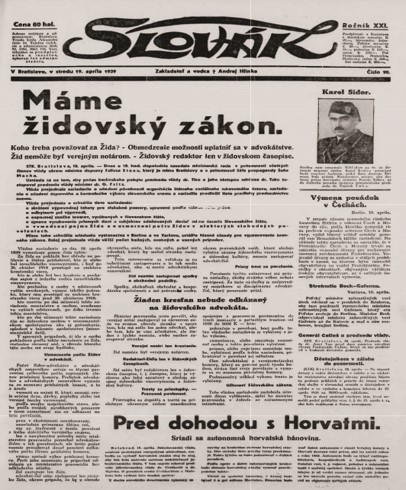VWI invites/goes to...
Cycle of VWI Fellows’ Colloquia
The VWI fellows present their intermediary research results in the context of colloquia which are announced to a small audience and are open to a public audience with an academic and topical interest. The lectures are complemented by a response or commentary by an expert in the given field and are discussed with the other fellows.
Due to the previous lack of an appropriate space, the colloquia were held at other Viennese research and cultural institutions with a topical or regional connection to the given subject. From this circumstance was born the “VWI goes to …” format.
With the move to a new institute building at Rabensteig 3, the spatial circumstances have changed, so that the VWI is now happily able to invite other research and cultural institutions. Therefore, the VWI is now conducting its colloquia both externally and within its own building, in the framework of continued co-operation with other institutions.
The new cycle of fellows’ colloquia “VWI invites/goes to …” is not only able to reach a broader circle of interested persons, but moreover integrates the VWI further into the Viennese scholarly establishment, perhaps even crossing borders into the greater regional research landscape.
| VWI invites/goes to... | |||
| Michala Lônčíková: Antisemitic Propaganda During the Second World War. The Case of the Slovak State and the Independent State of Croatia | |||
Tuesday, 28. May 2019, 18:30 - 20:30 Slowakisches Institut, Wipplingerstrasse 24-26, 1010 Vienna
|
|||
VWI goes to the Slovak Institute in Vienna
Commented by Miloslav Szabó Michala Lônčíková is currently Ernst Mach Fellow at the Vienna Wiesenthal Institute for Holocaust Studies and a PhD. candidate at Comenius University in Bratislava. She participated in the international comparative project on Post-WWII Anti-Semitic Pogroms in East and East Central Europe funded by Gerda Henkel Stiftung. Currently she is a historian at the Holocaust Documentation Center in Bratislava. Since January 2019, she has taken part in the project Genocide, Postwar Migration, and Social Mobility at the Institute of Contemporary History of the Czech Academy of Sciences. Miloslav Szabó, PhD, is lecturer at the Faculty of Arts, Comenius University in Bratislava. He was Marie Curie Fellow at the Institute of History, Slovak Academy of Sciences and Research Fellow at the Vienna Wiesenthal Institute for Holocaust Studies. His most recent publication, From Protests to the Ban: Demonstrations Against the “Jewish” Films in Interwar Vienna and Bratislava, appears in the Journal of Contemporary History. Please register at This email address is being protected from spambots. You need JavaScript enabled to view it. by latest Monday, 27 May, 12.00 am and bring your ID. |
|||







 Propaganda played a significant role in creating and enforcing totalitarian regimes, especially in the war-time period, by shaping public opinion. Antisemitism was central to the ideology of the former Nazi satellites. This lecture will offer a comparative perspective on antisemitic propaganda in the Slovak State and the Independent State of Croatia (NDH).
Propaganda played a significant role in creating and enforcing totalitarian regimes, especially in the war-time period, by shaping public opinion. Antisemitism was central to the ideology of the former Nazi satellites. This lecture will offer a comparative perspective on antisemitic propaganda in the Slovak State and the Independent State of Croatia (NDH).